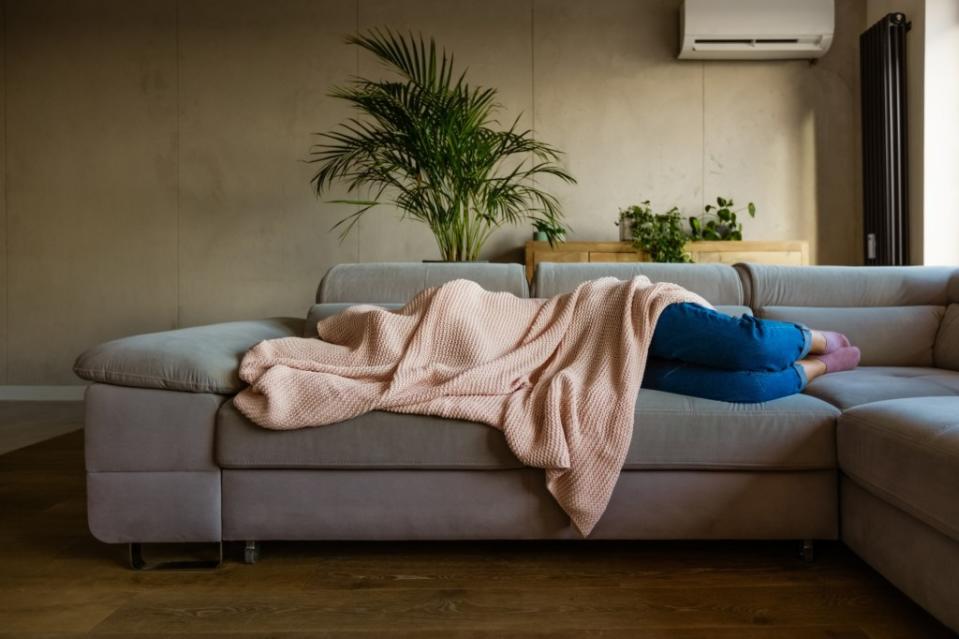Gen Z can save money by living with their parents — but pays emotionally for the arrangement

There’s no such thing as free rent.
In such an unaffordable housing market, continuing to live with parents makes sense for many members of Gen Z — but little do many realize that this arrangement has hidden costs of both the mental and financial varieties.
According to an overview of recent surveys and firsthand experiences, Business Insider reports that Gen Z (those born after 1996, according to the Pew Research Center) faces far less stigma than millennials did for living at home well into adulthood.
The lack of criticism, however, is not necessarily benefiting them. The publication also found that, while living with family rent-free may seem like a great way to save up, for various economic and emotional reasons it may work against young people in the long run.

“You can’t do all the things that you would want to do even though you are an adult,” 20-year-old Sarah Obutor told the outlet of her experience of having to move back into her family home in Georgia while on leave from college.
“When you live with your parents, you don’t have space to do more adult things, like hosting a dinner party or having a wine and cheese night,” agreed 24-year-old social worker Amy Lewthwaite, who is currently saving 30% of her monthly income by living at home in southwest London. “If I moved out now and rented somewhere, I wouldn’t have any savings … I would have spent it all on rent.”

Such social hindrances as an inability to have groups of friends over may seem small to some, but they have a significant impact on mental wellbeing. A 2017 study found that children who move back in with their parents have notably higher depressive symptoms, and a 2022 report showed that such living situations could cause familial tension.
And research shows those monetary savings may not even add up in the long run. One 2019 study found that those who lived at home between 25 and 34 had a much lower chance of becoming homeowners within a decade, possibly due to median home values and interest rates increasing at such a rapid clip in recent years.
At least Gen Z can take some schadenfreude from the fact that millennials who lived at home had it harder than them in terms of social acceptability.
Last year, a Bloomberg News and Harris Poll survey found 87% of participants felt people shouldn’t be looked down upon for living with their parents, a stark contrast to the judgment millennials faced for it in their time.
“When the cost of living and housing is so high,” 24-year-old live-at-homer Bethany Clark told Business Insider as to why she believes the stigma has gone down so much, “everyone gets it.”

